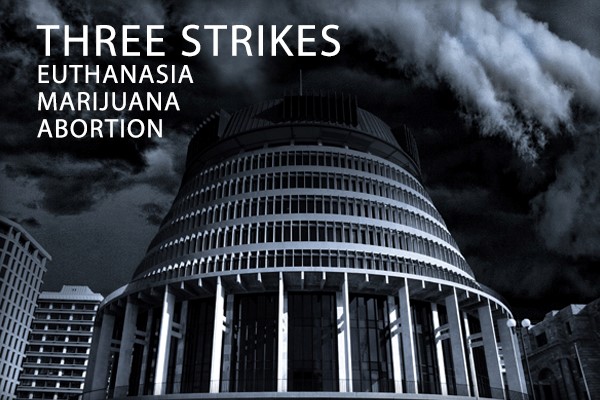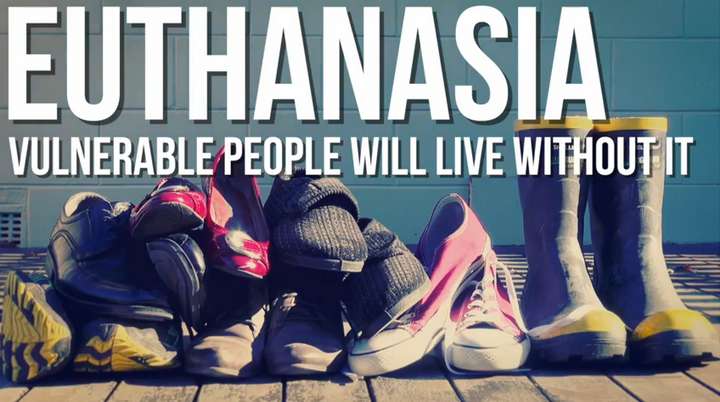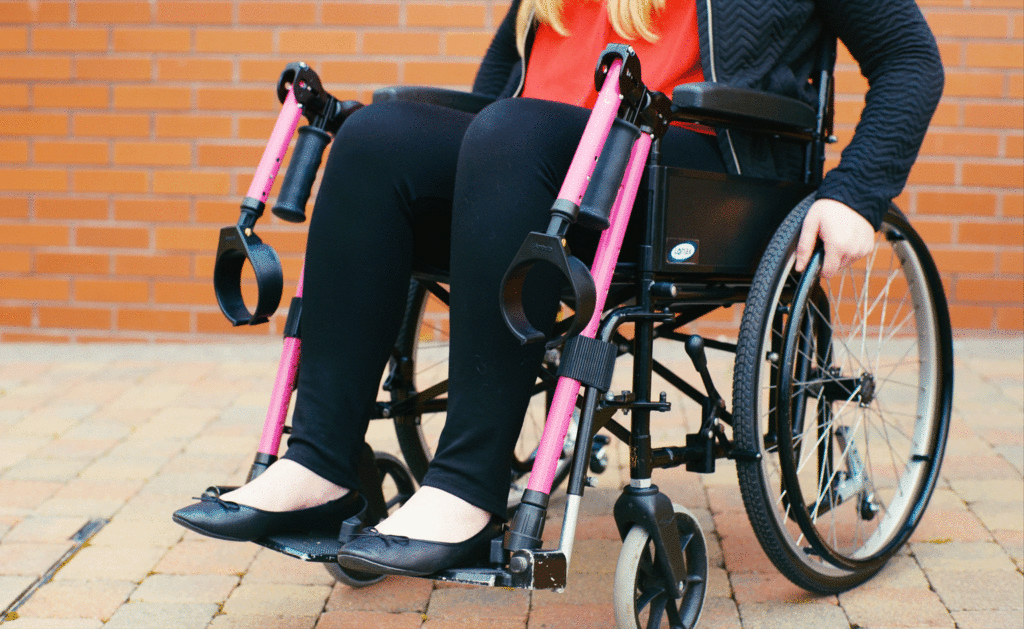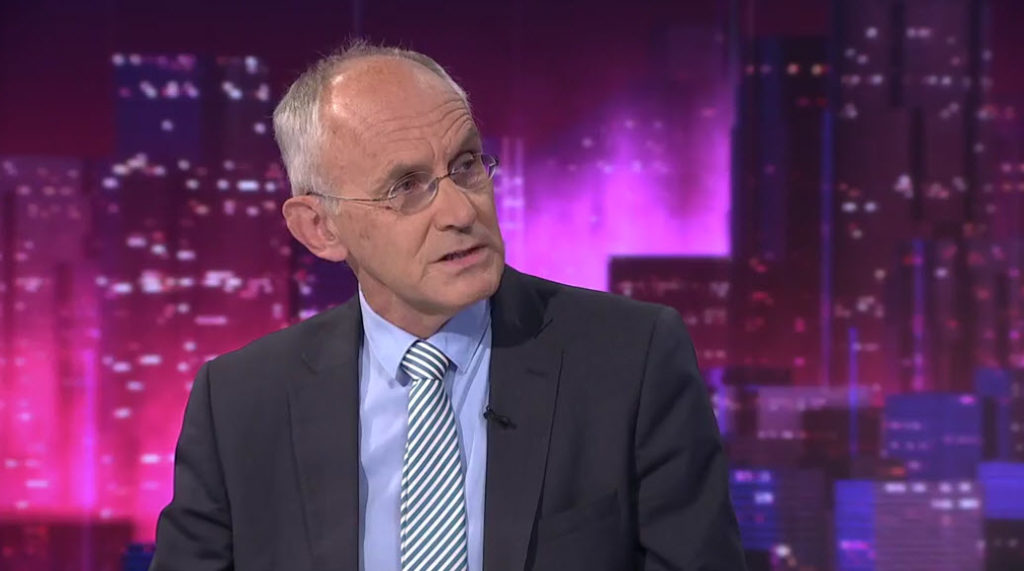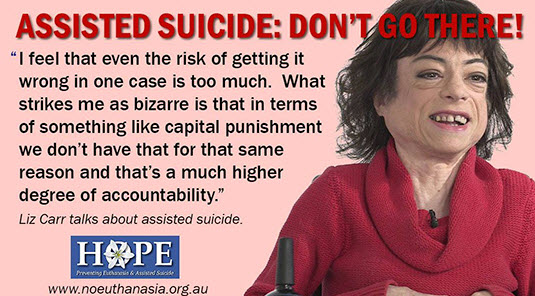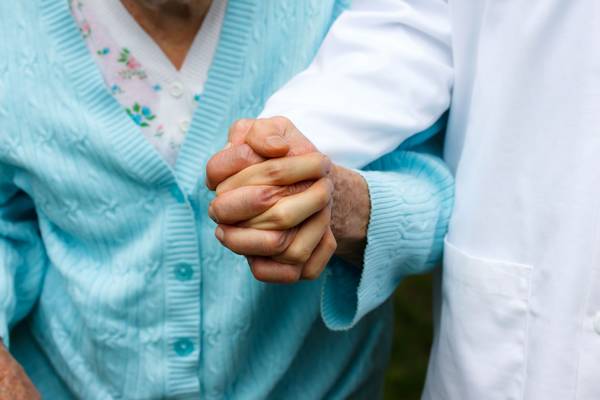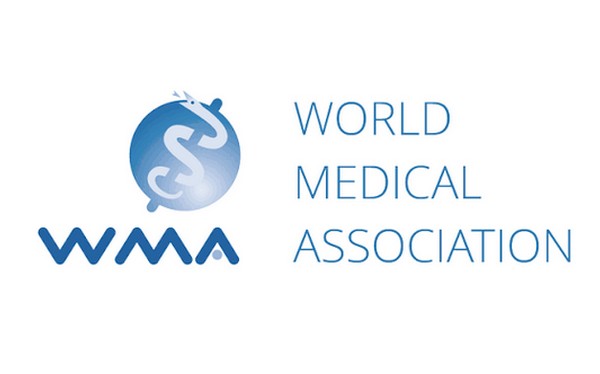
World Medical Association 26 October 2019
Family First Comment: ‘The WMA reiterates its strong commitment to the principles of medical ethics and that utmost respect has to be maintained for human life. Therefore, the WMA is firmly opposed to euthanasia and physician-assisted suicide… No physician should be forced to participate in euthanasia or assisted suicide, nor should any physician be obliged to make referral decisions to this end.’
The World Medical Association has reaffirmed its long-standing policy of opposition to euthanasia and physician-assisted suicide.
After an intensive process of consultation with physicians and non physicians around the world, the WMA at its annual Assembly in Tbilisi, Georgia, adopted a revised Declaration on Euthanasia and Physician-Assisted Suicide.
This states: ‘The WMA reiterates its strong commitment to the principles of medical ethics and that utmost respect has to be maintained for human life. Therefore, the WMA is firmly opposed to euthanasia and physician-assisted suicide.’
It adds: ‘No physician should be forced to participate in euthanasia or assisted suicide, nor should any physician be obliged to make referral decisions to this end.’
The Declaration says: ‘Separately, the physician who respects the basic right of the patient to decline medical treatment does not act unethically in forgoing or withholding unwanted care, even if respecting such a wish results in the death of the patient.’
The revised Declaration defines euthanasia as ‘a physician deliberately administering a lethal substance or carrying out an intervention to cause the death of a patient with decision-making capacity at the patient’s own voluntary request.’
It says that physician-assisted suicide ‘refers to cases in which, at the voluntary request of a patient with decision-making capacity, a physician deliberately enables a patient to end his or her own life by prescribing or providing medical substances with the intent to bring about death.’
WMA Chair Dr. Frank Ulrich Montgomery said: ‘Having held consultative conferences involving every continent in the world, we believe that this revised wording is in accord with the views of most physicians worldwide.’
https://www.wma.net/news-post/world-medical-association-reaffirms-opposition-to-euthanasia-and-physician-assisted-suicide/

